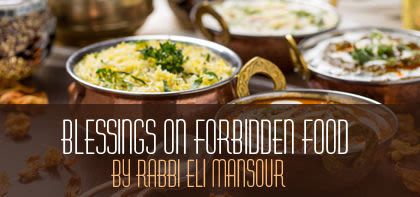
Blessings on Forbidden Food
Halacha clearly allows and even requires eating non-kosher food when this is necessary in the interest of "Piku'ah Nefesh" – saving a person's life; does one make a blessing?

Does a person recite a blessing before eating forbidden food?
The Rambam (Rabbi Moshe Maimonides, Spain-Egypt, 1135-1204), in Hilchot Berachot (1:19), establishes that one who eats food that is forbidden for consumption does not recite a blessing before or after eating. He emphasizes that this ruling applies even to food that is permissible according to Torah law but forbidden by force of Rabbinic enactment. If Halacha forbids partaking of a certain food item, one who partakes of that item in violation of Halacha does not recite a blessing.
Unfortunately, many people mistakenly deem it permissible to eat fish or other foods in non-kosher restaurants. It must be emphasized that Halacha strictly forbids eating any food in a restaurant that is not under reliable Kashrut supervision. Even in restaurants with reliable supervision, mistakes can occur from time to time; all the more so, then, in establishments where the employees make no effort at all to observe Kashrut it is almost inevitable that non-kosher food is served. What more, flavoring agents such as chicken 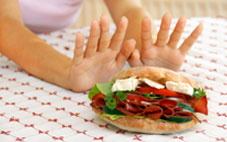 stock and beef stock – which are undoubtedly not kosher – are often used to flavor foods in non-kosher restaurants. One who eats in such restaurants not only partakes of forbidden food, but additionally, as we have seen, if he recites a blessing on the food, likely transgresses the prohibition against reciting a bracha le’vatala, a “wasted” blessing.
stock and beef stock – which are undoubtedly not kosher – are often used to flavor foods in non-kosher restaurants. One who eats in such restaurants not only partakes of forbidden food, but additionally, as we have seen, if he recites a blessing on the food, likely transgresses the prohibition against reciting a bracha le’vatala, a “wasted” blessing.
Does one recite a bracha if he partakes of non-kosher food due to a dire health condition? Halacha clearly allows and even requires eating non-kosher food when this is necessary in the interest of “Piku’ah Nefesh” – saving a person’s life. In such a case, when the consumption of the non-kosher food is sanctioned by Halacha, would the individual recite a blessing? The Shulchan Aruch addresses this question (Orah Haim 204:9) and rules that a person in this case would, in fact, recite a blessing. He arrives at this conclusion on the basis of the Rambam’s ruling that one who must eat on Yom Kippur due to a life-threatening condition recites a Beracha (blessing). This ruling indicates that in situations where Halacha permits eating otherwise forbidden food, one indeed recites a bracha.
The Hid”a (Rabbi Haim Yosef David Azulai, 1724-1807), however, in his work Shiyure Bracha (196:1), challenges the Shulhan Aruch’s above reasoning. According to the Hid”a, one cannot compare the case of non-kosher food with a situation of a patient who partakes of kosher food on Yom Kippur. In the latter case, the food is intrinsically permissible for consumption, and it is only the occasion of Yom Kippur that renders it forbidden. The fact that the Rambam requires reciting a bracha in such a case does not necessarily dictate that he would require reciting a bracha also when a patient must eat non-kosher food. In this situation, where the food is intrinsically forbidden for consumption under normal circumstances, he would perhaps concede that no bracha is warranted. Indeed, several Rishonim – including the Ra’a, the Ritva, the Pardes, the Meiri and the Shita Mekubeset – rule that one does not recite a bracha on forbidden food even when Halacha permits eating this food in the interest of “Piku’ah Nefesh.”
As for the final Halacha, Hacham Chaim Ovadia Yosef, in his work Hazon Ovadia (Laws of Berachot, p. 159), applies to this case the famous rule of “Safek Berachot Le’hakel,” which establishes that one does not recite a bracha in situations of doubt. Given the difference of opinion among the Halachic authorities regarding this case, a person who must eat non-kosher food due to life-threatening health conditions does not recite a bracha – despite the Shulhan Aruch’s ruling requiring a bracha in such a case. When, however, a person must eat on Yom Kippur and partakes of kosher food, he recites a bracha both before and after eating. Moreover, if a person ate bread in such a case he recites “Birkat Ha’mazon” and adds “Ya’aleh Ve’yavo” (Hazon Ovadia, ibid. Halacha 7).
If a person falls dangerously ill on Shabbat and somebody cooked food for him, does he recite a bracha over this food? Food that is cooked on Shabbat in violation of Halacha is generally forbidden for consumption. Should we, then, compare this case to a situation of a patient who partakes of non-kosher food, who does not recite a bracha? Hacham Chaim Ovadia Yosef (ibid. Halacha 6) rules that in this case the patient would, in fact, recite a bracha before eating. As in the aforementioned case of Yom Kippur, here, too, the food is intrinsically permissible for consumption. Therefore, just as one who must eat on Yom Kippur recites a bracha, so does a patient for whom food was cooked on Shabbat recite a bracha before and after he partakes of this food.
Summary: One who eats food that is forbidden for consumption does not recite a bracha before or after eating, even in situations where he must partake of this food due to a life-threatening health condition. However, an ill patient who must eat on Yom Kippur does recite a bracha both before and after eating. Likewise, if food was cooked for a direly-ill patient on Shabbat, he recites a bracha both before and after he partakes of this food.
* * *
Reprinted with kind permission of www.dailyhalacha.com


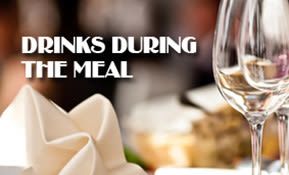
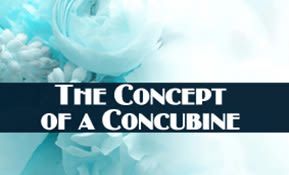


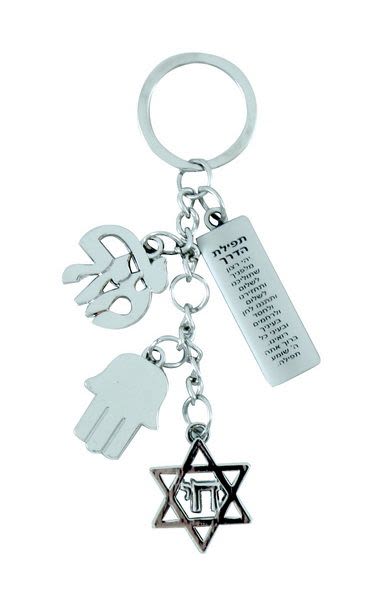
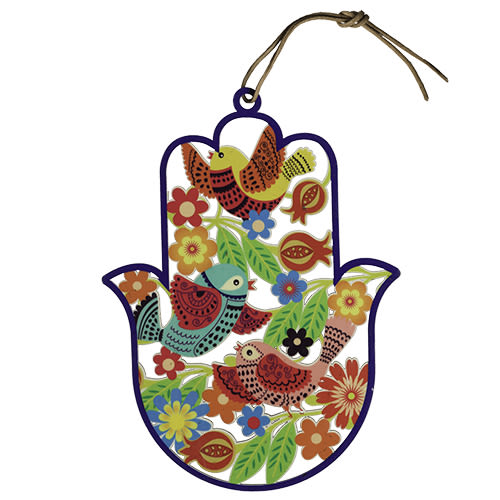

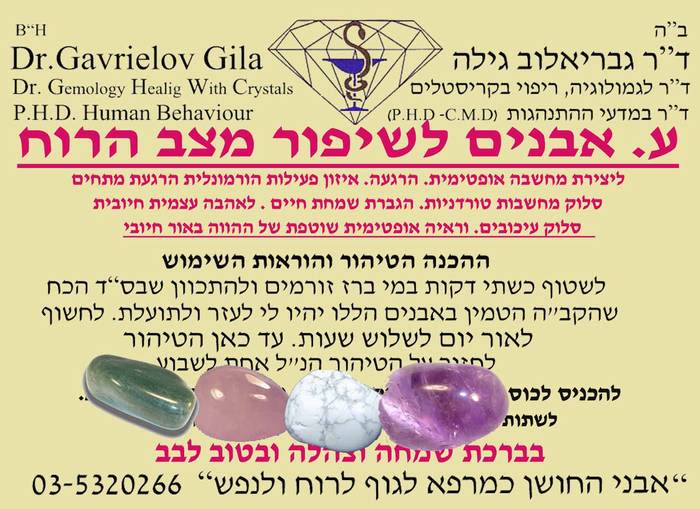
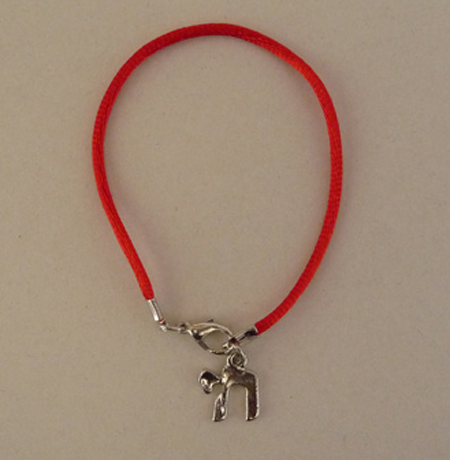
Tell us what you think!
Thank you for your comment!
It will be published after approval by the Editor.